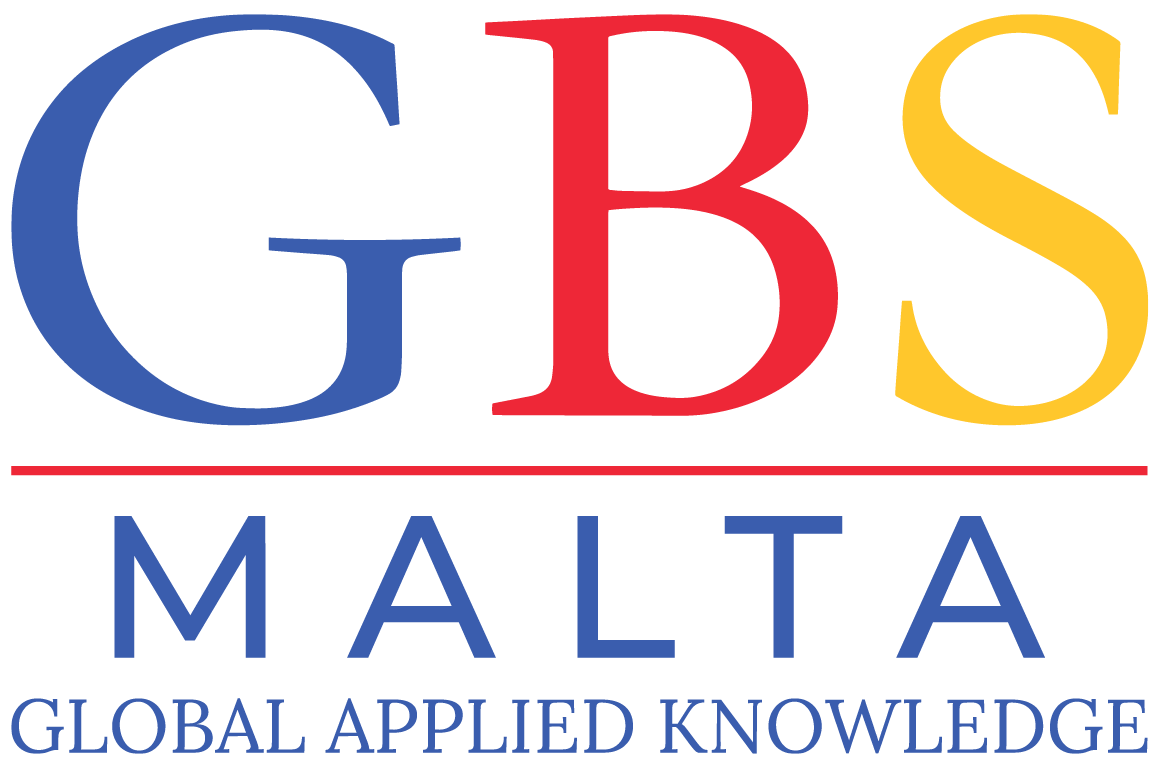Technology
Malta’s technology sector is experiencing a boom, driven by strong growth in areas like information and communications technology (ICT), AI and iGaming.
The iGaming industry, in particular, is a major economic driver, and its high demand for talent translates into competitive salaries.
Roles like Front-end Developer can start at € 40,000 and rise up (Source: Moving On, Up & Away). Cybersecurity is also a fast-growing field, with experts earning between €42,663 and €75,153 on average.
For those at the top of their game, an AI architect can command an average gross salary of €67,443. With so much growth, there are many jobs in Malta for international graduates in the technology space.
This is an industry where a relevant degree and specialised skills can give you a significant advantage.
Financial and professional services
The financial services sector is a cornerstone of the Maltese economy.
It is a major economic driver, with strong growth in areas like banking, insurance and financial technology (fintech) (Source: European Commission). Some of Malta’s most valuable companies, such as Bank of Valletta and HSBC Bank Malta, are in this sector.
This creates a steady need for new talent. In-demand skills include fund accounting, external audit and regulatory reporting.
A career as a finance manager can earn you € 50,000, while a Financial Controller can earn around €65,000. The sector is constantly evolving, requiring professionals with a deep understanding of finance, management and compliance.
Healthcare and life sciences
The healthcare industry is on a strong and continued growth path.
This is in part due to a rising demand for medical services and an aging population, which is a key global demographic trend.
The government is also promoting public-private partnerships to establish Malta as a health hub for the Mediterranean (Source: International Trade Administration of Malta). All of this creates a need for skilled professionals in various roles, from medical assistants to researchers and engineers.
This is an industry with immense potential for those looking to build a stable and meaningful career.
Tourism and hospitality
Tourism has long been a key part of Malta’s economic identity, and it continues to be a major source of employment.
Following a strong recovery from the pandemic, total tourist expenditures grew by a remarkable 23.1% in 2024 (Source: European Commision). This means that the industry is strong and always in need of a diverse workforce.
Roles here can include everything from hotel receptionists and tour guides to waiters and resort managers.
While the pay can be lower than in other sectors, the opportunities are plentiful, and it can be a great place to begin your professional career and gain experience.
How GBS Malta prepares you for success
Building a career on Malta’s job market requires more than just a degree; it requires the right tools and connections.
GBS Malta is committed to preparing you for success from day one.
Our programmes are designed to be industry-aligned, providing you with practical knowledge and skills in demand by employers. This ensures a smooth transition from your studies to the professional world.
A key part of our commitment is our dedicated career services. Our team works with you to clarify your career goals, polish your resume and connect you with a vast network of companies.
It is a strategic, four-step journey from self-assessment to accessing the job market, all designed to help you build a rewarding career.
Another major benefit is the Get Qualified scheme.
Through the government-backed Malta Get Qualified Scheme, all of GBS Malta's programmes are approved for graduates to claim up to 70% of their tuition fees back as tax credits.
This financial incentive, available for programmes recognised at MQF Level 3 or higher, requires recipients to live and work in Malta for at least two years post-graduation. Consequently, this makes higher education in Malta not only more accessible but also a financially rewarding decision.
This provides a powerful financial incentive to stay on the island and build your career, effectively reducing the net cost of your education.
A clear pathway to your Maltese career
Thinking about your future in Malta, it is natural to wonder about staying practicalities after graduation.
Fortunately, Malta has a clear and streamlined process for international students. The country offers a post-study work visa that allows graduates to stay for nine months to gain practical work experience.
This gives you plenty of time to explore career opportunities in Malta for international students and secure a full-time role.
To stay and work long-term, you will need to apply for a single permit. This is a crucial administrative step that combines your residence permit with your work permit (Source: European Commision).
The application is usually submitted by your employer, and it is a straightforward process designed to help you transition from a student to a working professional.
Being aware of this process from the start gives you a clear sense of direction for your career after graduation.
Your global career starts here at GBS Malta
Malta offers a career landscape that is as dynamic and diverse as its culture.
With a leading graduate employment rate and thriving industries like technology and financial services, the island is an ideal launchpad for your professional life.
An education from GBS Malta gives you the right skills, the necessary support and the professional connections to find your perfect fit in the local job market. It is not just about getting a degree; it is about building a career to be proud of.
Explore our programmes at GBS Malta and take the first step towards an unforgettable education under the sun.
Apply Now.




